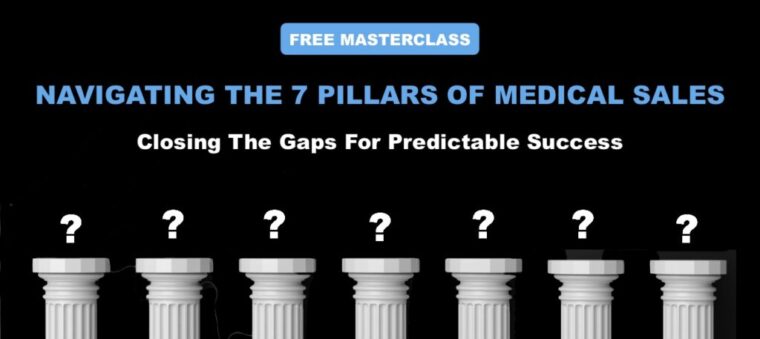You’ve heard it from medical sales recruiters. You’ve heard it from your manager. You’ve heard it from your medical sales colleagues. “Be a professional!” It sounds like good advice…in fact, it is! But what exactly does it mean? In this weeks podcast, Mace Horoff describes the attributes of professional behavior as it relates to medical sales. Listen and assess yourself to see if you measure up to the standards of professional behavior for the medical sales profession.
Podcast: Download (7.0MB)
Subscribe: Apple Podcasts | RSS

